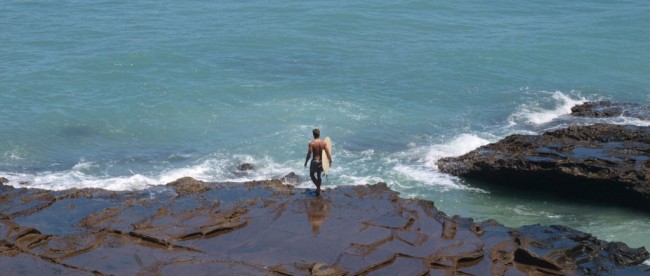The International Council of Mining & Metals (ICMM) web site [https://www.icmm.com ] has a number of interesting publications on a wide range of mining matters as interfacing with the community. The publications reflect the various high ideals as goals for a responsible mining industry, and provide an inspiration to mining professionals.
The most recent publication (3 December 2015) “Demonstrating Value- a guide to responsible sourcing” reflects the concept that responsible mines show consideration of the environment and social performance in mining, that are intergraded into their supply chain and purchasing decisions. I found several excerpts that are interesting for the present Indonesian mining sector.
- “The ICMM’s sustainable development framework…also provides direction to members on working with others in the minerals and metals value chain to ensure that society gains the maximum value from these materials in the long term”. I see that Indonesian politics typically focus on maximum value for the Indonesian people in relation to money (tax, royalty, fees etc). This context of this statement reminds me that Indonesian miners have seriously undertaken significant community development programs, including educating the local work force with clean and safe practices, that have multiplying factors when these practices are taken back to their villages and passed on to their families and communities. Exploration companies working in very remote areas, where no significant government official has been before, are often pioneers of introducing the concepts of the Centralized Government law and regulations. It is time for all stakeholders in the exploration and mining industry to clarify the Constitutional requirement for “maximum benefit of the people”, not just in monetary terms, but in social and environmental protection terms.
- “Responsible sourcing is about sustainable procurement and the responsible supply of minerals and metals, both should have agreed-upon environmental and social performance standards or criteria.” Classical theory points to the eventual depletion of the reserve in classifying mining as a non-sustainable industry. However I would argue that sustainability has an important time frame component. The modern state of Indonesia is about 70 years old, and for most of that time Freeport and other mines have sustained production and contributed to the wealth and well-being of the Indonesian people, and may continue for many more generations. In some other countries their mineral wealth has been squandered with greed, infighting and of little ongoing value to the people. Indonesia spent its wealth investing in a national education program, national health programs etc. Mining contributes about 11% of today’s GDP. It is now up to Indonesia to use this ongoing mining wealth as a stepping stone to develop a broader economy, where mining is an important part of a sustainable Indonesia. Sustainable procurement reflects a part of Indonesia’s bright future.
- One definition of Green Economy is “a system of economic activities related to the production, distribution and consumption of goods and services that result in improved human well-being over the long term, while not exposing future generations to significant environmental risks or ecological scarcities.” This reminds me that the Mines Department encourages such a green economy with its environmental award system for the mining industry.
- “Newmont owns 60.64% of the Swiss gold refinery Valcambi, and in 2013 Valcambi was the first gold refinery to produce traceable gold, known as Valcambi Green Gold, sources only from its mines that meet high environmental, safety and human rights standards. Valcambi Green Gold is fully documented, independently validated and processed in a dedicated facility”. I see that Indonesia is very fortunate to have Newmont providing leadership with such high moral industry practices. In times of commodity over supply we may expect buyers to exert more social compliance conditions on their purchases, and as Indonesia continues to grow we may hope the Indonesian community increases their expectations for such responsible mining. Let’s hope the reinvigorated mines department and the new generation of nickel & aluminum smelters are transparent in the implementation of good social and environmental practices.

